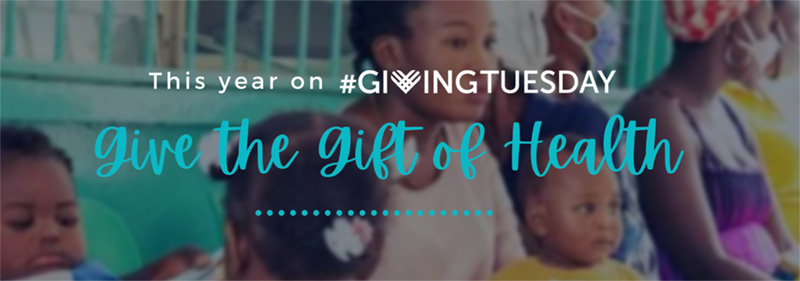When I started reading about the riots in Port-au-Prince this week, the first thing I thought was “finally.” I don’t think that’s totally irrational, so let’s dig into this a little: first of all, I think I felt relieved to see the world working and people reacting to stressors exactly like I anticipated they would. Previously, one of the things I found most unsettling about the situation in Port-au-Prince was the relative stability. The estimated 1.3 million people living in camps literally have almost nothing: very little government, few sources of income, scare educational opportunities, and often there they don’t even have their health or families. How were people not revolting?
Certainly, there’s been plenty of small-scale violence in the camps as people became desperate in an uphill battle to survive (I’m thinking about what’s been coined as “survival sex” and the women who have no means of taking care of themselves or their children but to take on multiple “boyfriends” who “provide.” I’m putting a temporary ban on my use of air quotes; I default here when I’m feeling extra acerbic. Also, I don’t at all mean to undervalue the very real sexual violence facing unwitting women. The violence I saw absent was more systemic and manifested in public displays of social discontent.) But the idea that life was so bad and there was so little hope that there wasn’t even an incentive to revolt – i.e. there’s no responsible or empowered apparatus to respond to expressions of displeasure with the status quo – worried me. Hopelessness is not a starting point for reconstruction. It’s a wasteland. That people are acting out now, despite how disruptive violence can be to health delivery and the democratic process, suggests that they think someone’s listening and that there is a limit to what they can tolerate.
The idea behind a new book by Derek Bok (The Politics of Happiness: What Government Can Learn from the New Research on Well-Being) is that we’re starting to understand what makes people happy and that some of it is malleable by government action. One of the key ideas is that better living standards bring only temporary improvements in happiness. After a while, people are about as happy or unhappy as they always have been. People do not anticipate that this will happen, so are constantly demanding more in the belief that more will make them happier, and are just as constantly disappointed. It seems that people feel their happiness more lastingly increase when it’s evaluated relative to other people around them. Recently, there was an interesting conversation on Huffington Post’s “Impact” blog about whether or not the developed world was imposing its standards of success and happiness on communities for whom these levels flew off their charts; basically, the idea that happiness and success valuation are calibrated to each environment, resource availability and opportunities. Maybe happiness really is just relative. But that’s a slippery slope.
What worried me about the stability from pre-cholera Haiti was that people seemed anemic and completely beaten down by the limitations of their environment. I know the riots aren’t good. Obviously. But on a purely intellectual level, it gives me hope that they know they want better, that happiness can be something more than survival. Protest seems to be the most reasonable response to the situation. I may be trying too hard to find a silver lining and I’m sure that to some this will read like a stretch. Either way, here’s hoping it cools down in time for the elections on November 28.
